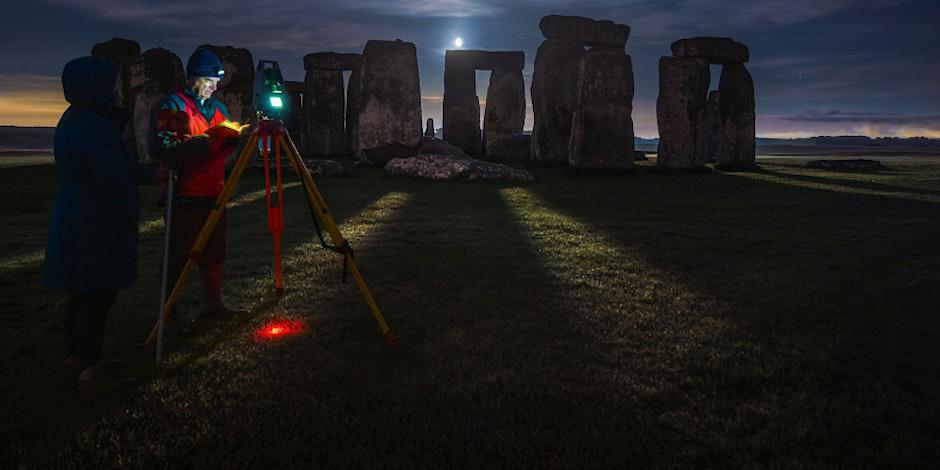A free talk exploring the ancient secrets of the sky is taking place at the University of Lancashire.
On Thursday 4 December, Professor Clive Ruggles’ Sun, stones and stars: Exploring ancient sky knowledge lecture will discuss how Stonehenge and many other British prehistoric monuments were interpreted as ‘ancient observatories’ in the 1960s.
The idea generated a huge wave of popular interest but also proved highly controversial among academics, pitting astronomers against archaeologists as they reached fundamentally different conclusions on the basis of the same evidence.
In this talk I'll trace the history of development of this intriguing but often turbulent field– Professor Clive Ruggles
More than half a century later, archaeoastronomy, the study of beliefs and practices concerning the sky in the past, is pursued by academics around the world, although for many it still remains controversial.
The Emeritus Professor of Archaeoastronomy at the University of Leicester, who was awarded the Royal Astronomical Society’s Agnes Mary Clerke Medal in 2017, said: “In this talk I'll trace the history of development of this intriguing but often turbulent field, focusing on prehistoric Britain and Ireland but also drawing upon examples from around the world, including my own fieldwork in Hawai‘i and Peru. I'll also discuss how archaeoastronomy relates to World Heritage and to dark sky places.
The event starts at 6.30pm in the University’s Darwin Lecture Theatre, with refreshments served from 6pm.
Free tickets can be reserved online.
